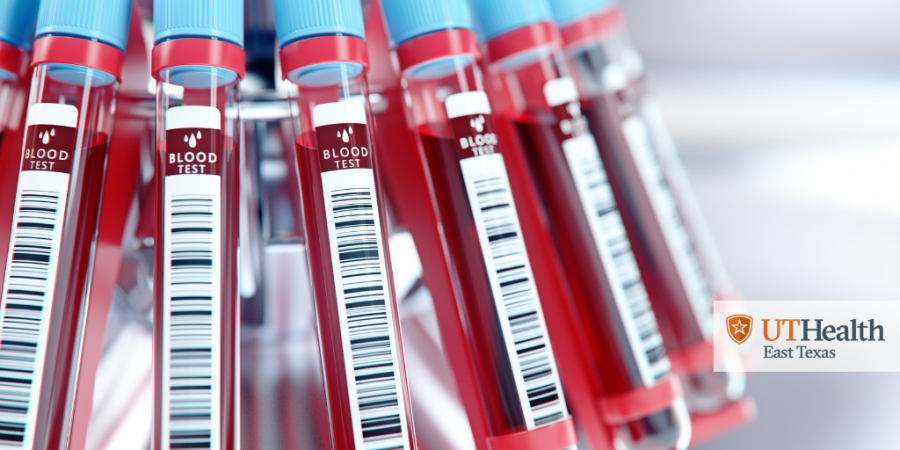
Cancer is caused by many different factors, including environmental, lifestyle and genetic. Of course you cannot control your genetics, but you can control how much you know about your family’s medical history. Take time to ask your relatives about their medical history and if they know of other family members’ history. This information can then be shared with the whole family, so everyone can have a clearer picture of their genetic cancer risk factors.
Regina Davis, Director of the UT Health Breast Care Center, shares why taking genetics into account is crucial for cancer prevention and treatment.
Why is it important to know my family history of cancer?
Individuals with family history of cancer have a greater chance of developing cancer. You and your healthcare provider can work together to create a personalized plan to prevent cancer, identify cancer at an earlier, more treatable stage or prevent secondary cancers.
How do you determine if I have a genetic mutation? Who will receive my results?
A saliva or blood sample can determine if you have a genetic mutation. It takes approximately three to four weeks for your healthcare provider to get results. The results will remain confidential between you and your healthcare provider.
How do I know if I am at higher risk?
If you know of a history of cancer for either your mother’s or father’s side, you may want to speak to your provider about an assessment.
If I have a genetic mutation, should I tell my family?
Yes, it is important to discuss your results with your family. If you have a genetic mutation, your parents, children and siblings have as much as a 50 percent chance of having the same mutation. Other relatives, such as aunts, uncles and cousins, may also be at risk. Knowing whether you carry a mutation can allow family members to make more informed decisions on cancer prevention.
Will my insurance cover the test?
Most insurance companies have criteria for covering genetic testing. The lab that performs the testing will verify your benefits prior to running the test.
Find out more
Talk to your healthcare provider about which genetic tests are right for you. You may also contact the UT Health East Texas Breast Care Center Risk Assessment Program at 903-596-3191 Monday through Friday, 8 a.m. to 4:30 p.m.
To find a provider and make an appointment, call 903-596-DOCS.

